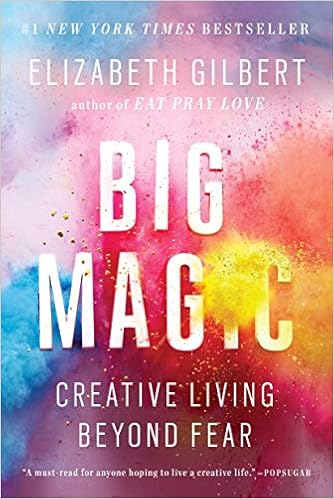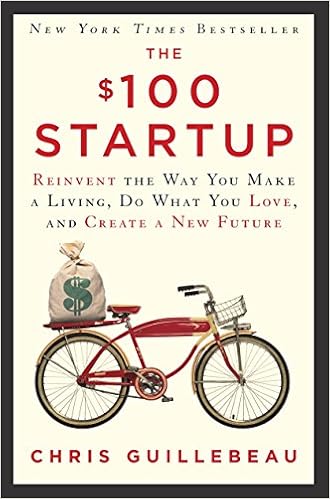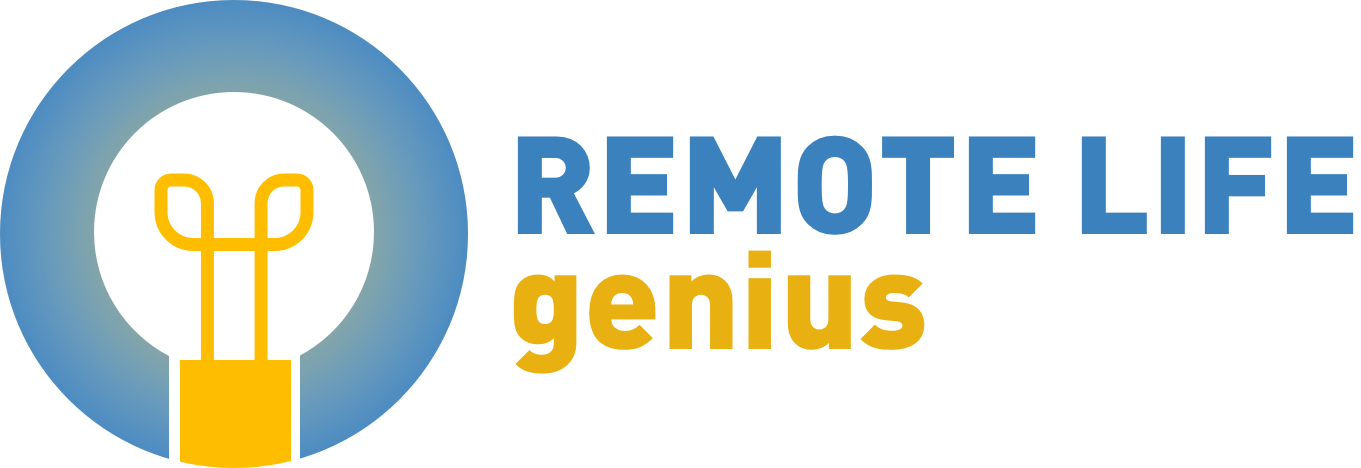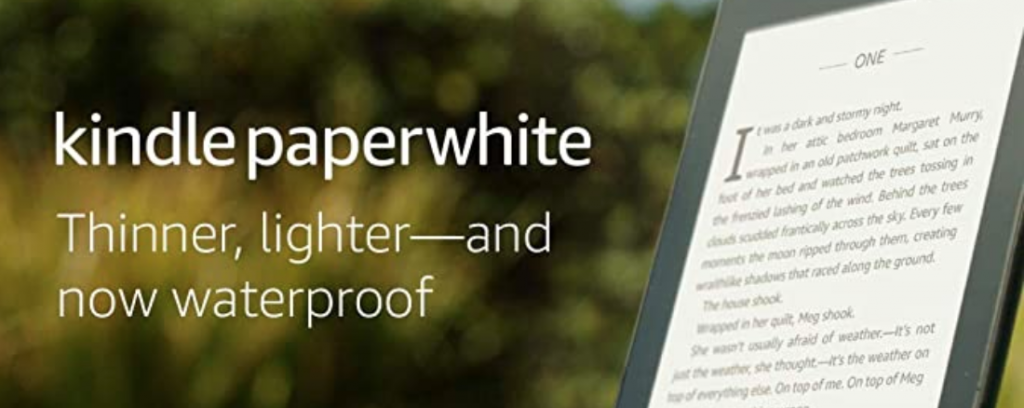Starting your own business is an exciting venture, but it can also feel overwhelming. When every decision is on your shoulders, it’s easy to find yourself frozen and unsure. There is no map for this uncharted territory of yours, but there are guides and insights everywhere.
You don’t need a degree to be a solopreneur, but you will need help. Nobody does it alone. So, this is where reading comes in. Books based on real success stories or science are some of the best guides you can have on your journey.
But how do you make sure that you’re doing it right? We break down the right way to read and learn as well as our top 7 books for solopreneurs.
Page Contents
How to Read Like a Pro

So, as you read, make sure you can always be recording information that’s relevant to your venture. You can do this with a physical notebook, in your phone, or (most recommended) in a note-taking app. A note-taking app will help you keep your thoughts and records organized. We recommend OneNote, Evernote, or GoogleDocs.
Even if you take notes, it can also be helpful to go back through and review the original book from time to time. Use post-it notes or highlighters to bookmark pages that were especially meaningful to you. That way, you don’t need to flip through hundreds of pages to find the one quote that motivated you.
And one final note. Reading is an excellent way to learn, but experience is still the best teacher. This is to say that you don’t want to use reading as a way to justify your procrastination. If you hide behind a long list of books to read before starting, you’ll be the most learned person who never did anything. So, read to learn, but don’t let learning get in the way of doing.
1. For those doubting– Grit: The Power of Passion and Perseverance
 Angela Duckworth is a psychologist and New York Times best-selling author of Grit. She argues against the belief that talent is everything. Rather, she believes that grit, a blend of passion and perseverance, is the true ingredient of all achievement.
Angela Duckworth is a psychologist and New York Times best-selling author of Grit. She argues against the belief that talent is everything. Rather, she believes that grit, a blend of passion and perseverance, is the true ingredient of all achievement.
The book is at once highly personal and well-researched. As a child, she was the daughter of a scientist who didn’t believe she showed true talent. Given that, she recalls her journey to becoming a celebrated researcher and author, without this so-called “genius.”
The book also includes accounts from West Point cadets and Spelling Bee Champions, coupled with interviews with individuals like JP Morgan CEO Jamie Dimon and Seattle Seahawks Coach Pete Carroll.
Grit is about the power of getting up when you fall, and how long-term perseverance breeds achievement.
As an entrepreneur, you’ll rely on grit to get you through the self-doubt and the hard times. You’ll need it when you fail (and you will have failures) and you’ll need it when there are questions you just can’t answer. With Grit, you’ll realize that you don’t need to be an exceptional talent, but you do need to keep pushing forward.
2. For those who are afraid–Big Magic
 Elizabeth Gilbert is the bestselling author of Eat, Pray, Love. And in Big Magic, she opens the door and brings readers in to see her creative process. It’s inspiring and empathetic, but it’s also a practical guide for creative professionals.
Elizabeth Gilbert is the bestselling author of Eat, Pray, Love. And in Big Magic, she opens the door and brings readers in to see her creative process. It’s inspiring and empathetic, but it’s also a practical guide for creative professionals.
Big Magic outlines how to approach your creativity as a profession as well as the habits that lead to success. Her insights are woven in with her own experience as well as anecdotes she gathers from other creative professionals. All are woven together with a conversational yet no-BS tone that makes this an accessible read.
Notably, she deals very pragmatically with fear and how to deal with it. There is no escaping fear as a creative (or an entrepreneur), but there are ways to learn to work with it. If you need help finding your creative calling or moving past fear, then Big Magic is a great read for you.
3. For the total beginner–Side Hustle: From Idea to Income in 27 Days
 When you want to learn how to do something, it’s best to learn from someone who has actually succeeded in doing the thing first. To put this another way, autobiographical works are some of the most valuable options for entrepreneurs. And Chris Guillebeau definitely walks the walk. He launched more than a dozen side hustles before sitting down to outline his process in Side Hustle.
When you want to learn how to do something, it’s best to learn from someone who has actually succeeded in doing the thing first. To put this another way, autobiographical works are some of the most valuable options for entrepreneurs. And Chris Guillebeau definitely walks the walk. He launched more than a dozen side hustles before sitting down to outline his process in Side Hustle.
He understands the challenges of creating a new venture while holding down a full-time job. According to Guillebeau, starting a side hustle is a worthwhile challenge that can even help you with your full-time job. By creating more paycheck security, he argues, you can take more chances with your career.
This book is perfect for aspiring entrepreneurs who have a few ideas in mind and are ready to take that next step. That being said, anyone who has already begun a side-hustle or had some experience as an entrepreneur might find this book too basic for their needs.
It’s a practical guide that will teach you how to
- Brainstorm ideas
- Select the best idea
- Prepare for launch and set up payments
- Creating income
- Growing and expanding your side hustle
This book is full of practical steps and tips and plenty of action-oriented energy to get you started. If you’re specifically looking to create a professional website for your venture, you can explore our 5-Day Website Creator Course.
4. For the one considering investing–The 10% Entrepreneur
 Not all entrepreneurs can quit their job, live off Ramen noodles for two years, and stubbornly stay by their business until it’s off the ground. Starting your own business means a lot of liability and few benefits. So, how to scratch the entrepreneurial itch while keeping your health insurance and paycheck? Enter McGinnis’ 10% Entrepreneur.
Not all entrepreneurs can quit their job, live off Ramen noodles for two years, and stubbornly stay by their business until it’s off the ground. Starting your own business means a lot of liability and few benefits. So, how to scratch the entrepreneurial itch while keeping your health insurance and paycheck? Enter McGinnis’ 10% Entrepreneur.
Patrick McGinnis is a successful 10% entrepreneur himself, and this book combines insights from his own experience as well as stories of other entrepreneurs. What sets this book apart is his unique approach to entrepreneurship. He covers various ways to get involved other than being a founder. Roles such as angel, investor, adviser, and aficionado.
In The 10% Entrepreneur McGinnis demonstrates that it’s possible to have an entrepreneurial life and a career. He lays out general guidelines for how to accomplish this in a few different ways. It’s not going to be a super-specific step-by-step guide for founders. However, if you’re interested in considering ways to get involved in startups without taking the full plunge, he’ll show you how.
5. For the overwhelmed entrepreneur–Essentialism: The Disciplined Pursuit of Less
 In Essentialism McKeown takes readers through the steps to living the “less is more” approach to their businesses. Rather than offer pages of time management and productivity techniques, Essentialism brings a new philosophy to the table. He argues that we should focus on getting the right things done, not just getting more done.
In Essentialism McKeown takes readers through the steps to living the “less is more” approach to their businesses. Rather than offer pages of time management and productivity techniques, Essentialism brings a new philosophy to the table. He argues that we should focus on getting the right things done, not just getting more done.
He teaches the discipline to identify absolute essentials and then remove everything else from the to-do list. Ultimately, this book is a guide for taking back control over your time and priorities. It’s especially helpful for those feeling as though they are stretched thin or busy but not effective.
The book also contains solid strategies for committing to the essentials after you have identified them. Readers will learn techniques such as the JOMO (joy of missing out) and the delayed yes, (buying yourself time to say no gracefully).
6. For the one with a long to-do list– The ONE Thing: The Surprisingly Simple Truth Behind Extraordinary Results
 Keller and Papasan have received numerous awards and recognitions for their book, The One Thing. Notably, it has been named a #1 pick by Wall Street Journal, New York Times, and USA Today and it’s been on national bestseller lists more than 500 times.
Keller and Papasan have received numerous awards and recognitions for their book, The One Thing. Notably, it has been named a #1 pick by Wall Street Journal, New York Times, and USA Today and it’s been on national bestseller lists more than 500 times.
So, why the praise? Well, for starters The One Thing is an incredibly simple and effective approach to prioritization in business and life. To be fair, simple does not always mean easy. But the methods in this book have been used by entrepreneurs, businesses, sales teams, and all types of individuals to create powerful results.
The authors understand that in order to create great success, you won’t always have perfect work-life balance. In fact, you’ll have to shake up your balance in order to achieve extraordinary results. In other words, they are sympathetic to the realities of an entrepreneur’s lifestyle.
The book focuses on reducing distractions and meaningless work in order to get more out of your time and effort. And the title isn’t just a gimmick. The authors challenge you to narrow down your list of priorities to your one priority. But they don’t leave you hanging. The book includes compelling evidence for priority minimalism as well as action-oriented exercises and strategies to turn their theory into real habits.
7. For the one who feels they’re not an “expert” – The $100 Startup
 Author Chris Guillebeau (who also wrote Side Hustle) did not lead a traditional life by any measures. His talent for turning ideas into income streams has helped him create a life of adventure and exploration. But, he doesn’t keep his secrets to himself. Rather, he gives back to those looking for adventure, meaning, and purpose.
Author Chris Guillebeau (who also wrote Side Hustle) did not lead a traditional life by any measures. His talent for turning ideas into income streams has helped him create a life of adventure and exploration. But, he doesn’t keep his secrets to himself. Rather, he gives back to those looking for adventure, meaning, and purpose.
To write The $100 Startup, Guillebeau chose 50 case studies from a pool of 1,500 people that built large-scale businesses from a small investment. He features individuals who didn’t consider themselves particularly experienced. In doing so, he proves that everyone has some sort of expertise, and it’s just a matter of figuring out how to monetize it. This book dispels any belief that you need an MBA or even need employees to create a successful business.
One of the selling points of this book is the level of specificity of the case studies. The book is firmly rooted in reality and experience. Guillebeau talks about real earnings numbers, and he breaks down the good and bad decisions along each journey.
In Conclusion
When it comes to starting any new venture, knowledge is indeed power. And in a world where formal education can be quite expensive, books are an incredible alternative. You can learn from the real experiences of others who have taken the entrepreneurial journey before you.
You will never be wrong when you invest in your own growth and education. But remember, learning is essential, but taking action makes all the difference.


